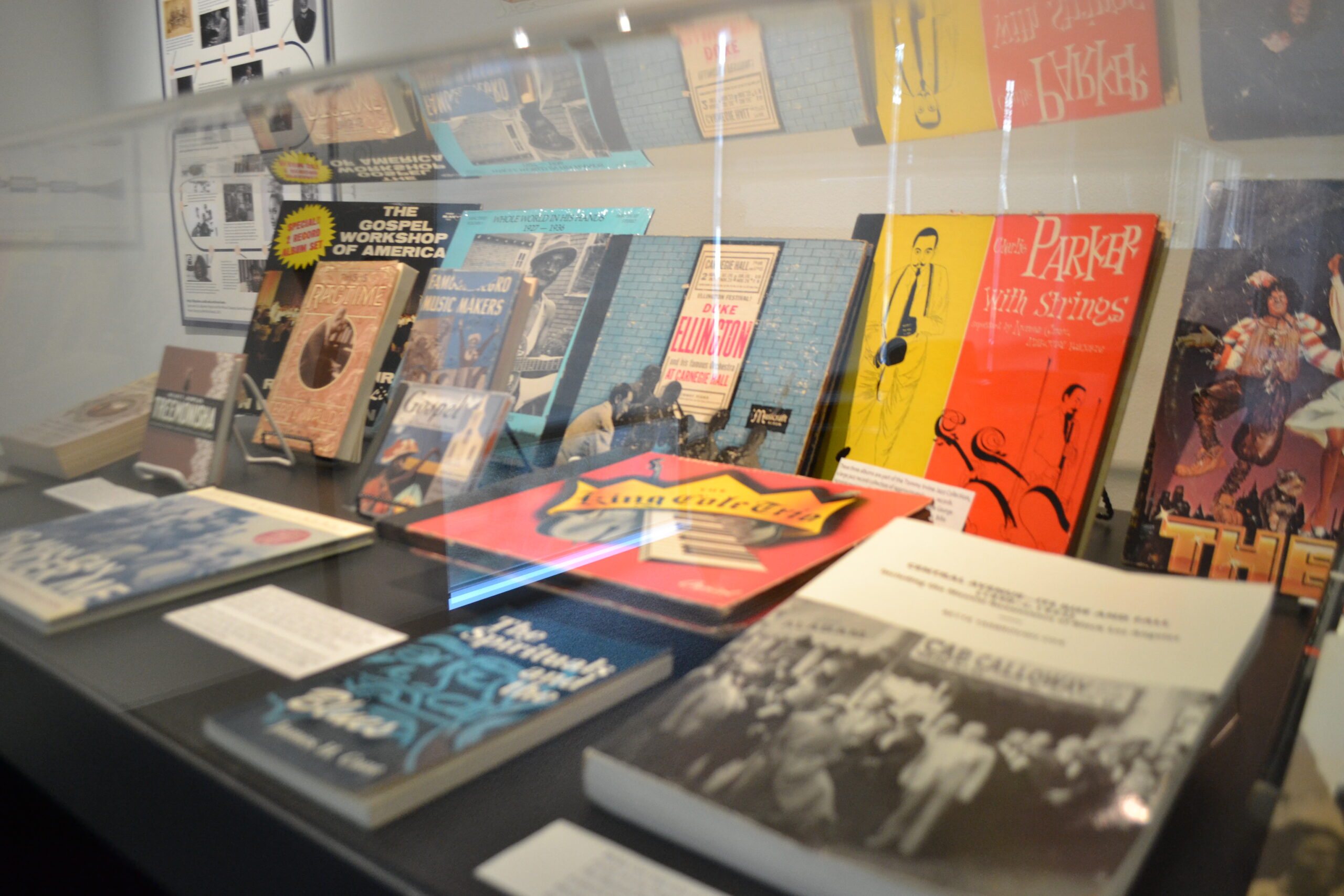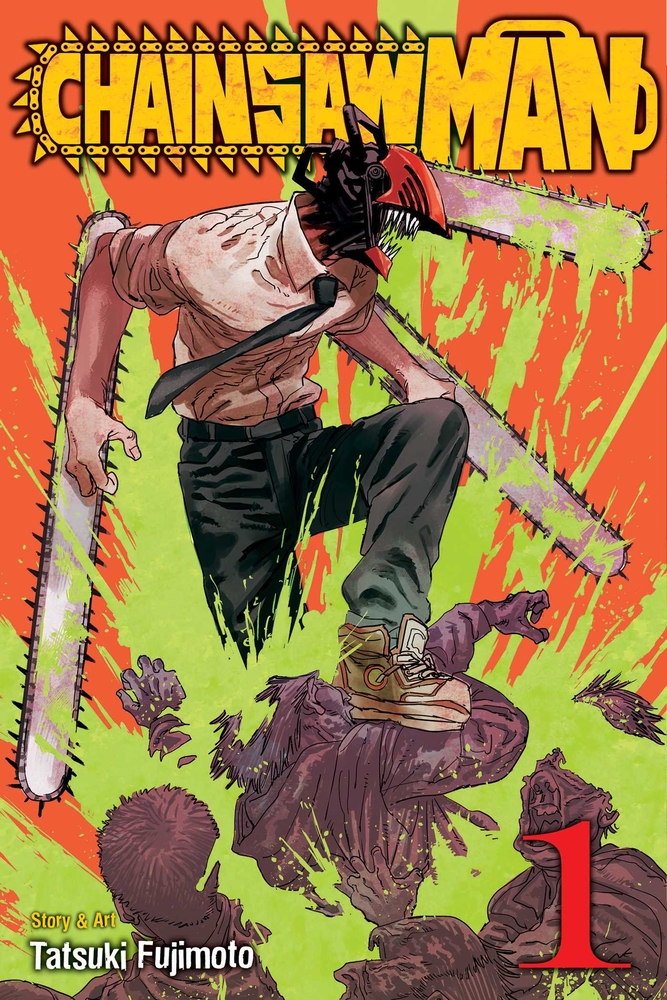By Andrea Mendez, Staff Reporter
Don’t be fooled by the name of the latest exhibit drawn from the vast material housed in the CSUDH Gerth Archives and Special Collections. “Will the Circle be Unbroken: The Sacred Music of the African Diaspora,” is rooted in the history of the massive Black migration across America from 1940 to 1970, but the exhibit has a strong connection to this university and to the present day.
The exhibit, which opened last month and will run through Aug. 7, consists of documents, historic artifacts and papers all dealing with the musical forms brought to Southern California during the Second Great Migration of African Americans. From 1940 to 1970, an estimated 4.5 million Black Americans left the American South and traveled North and West, mostly to big cities such as Los Angeles.
The exhibit documents the musical forms that those migrants brought to Los Angeles, including gospel, spiritual, blues, jazz, and how they adapted in their new setting and how they impacted contemporary styles, such as hip-hop.
The CSUDH connection runs throughout the exhibit, which the CSUDH music department helped facilitate. The materials are drawn from the Georgia and Nolan Payton Sacred Music Archives, donated by their daughter Sallyanne Payton, as well as the Hansonia Caldwell Collection, which is a collection of African-Diaspora Sacred Music and Musician Sheet Music.
Caldwell was a music professor at CSUDH who helped found the Jubilee Choir, one of the foremost African American spiritual choirs in the country.
The Jubilee Choir was a fixture at CSUDH for 30 years until Caldwell’s retirement in 2011. It was dormant for eight years until Charles (Chuck Dickerson) supervisor of special events, reintroduced it to campus last March. The choir entertained the crowd at the opening reception.
Another musical ensemble, the Albert McNeil Jubilee Singers, was also present at the opening in the person of founder Albert J. McNeal. McNeal, who recently turned 100, founded the group in order to preserve and perform what was once called Negro Spirituals, and to show how that musical form impacted so much of contemporary music.
Along with the historic sheet music, a wide display of vinyl, programs and newspaper clippings from the era, the exhibit also includes pieces that tie into protest music and the coded messages that evolved from spiritual hymns to the popular hip-hop we see today.
Using the past to comment on the present is designed to show an “aspect of black culture and the impact from a local level to a global inspiration,” said Beth McDonald, the exhibit curator and music archivist for the Gerth Archives and Special Collections.
The exhibit will be on display in LIB 1940, the Library Cultural Art Center, from 10 a.m. to 4 p.m.


